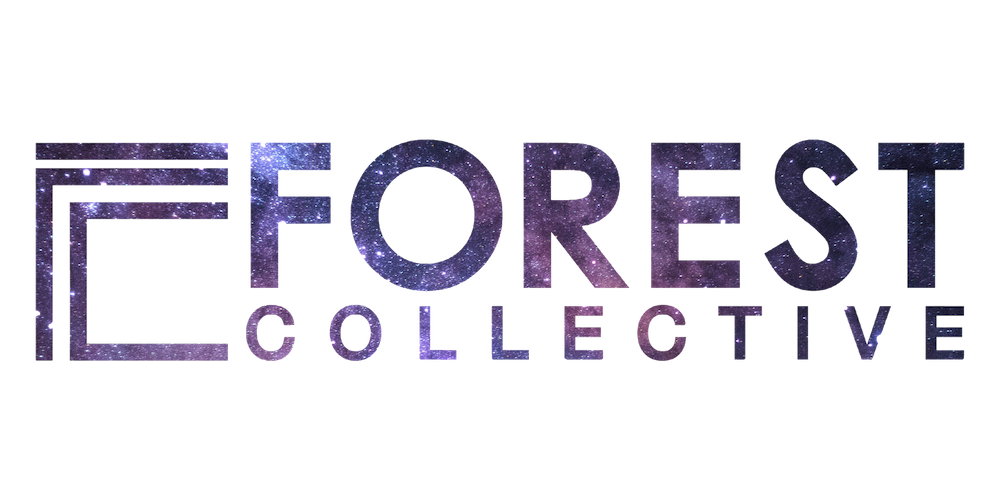Getting to know Kym Alexandra Dillon.
I am absolutely delighted to welcome Kym Alexandra Dillon into the Forst family!
Kym and I have known each other since we studied together, and I’ve always admired her beautiful and elegant music.
I sat down with Kym to ask her some questions about her new song cycle Diapsalmata which we will have the privilege of premiering on 15 July.
—-
When and why did you start making art?
My first memory of writing a piece of music was a piano piece from when I was in about grade 6, and I remember the title more than anything else: it was called ‘Crystal gazing’. I never showed it to anyone and I recall that my notation by hand wasn’t too confident in those days (lol). Earlier than that I remember I used to write a lot of short stories of a comedic-adventure narrative style that I would read out to my class at school, I remember doing this a few times during grade 3 and becoming somewhat known for it — people would ask when the next installment was coming.
The fact that I don’t remember any clear decision to start making art or become an artist illuminates the ‘why’: I make art simply because I can’t *not* make it, because it’s as natural and unquestionable to me as breathing, because I have always loved sharing stories, experiences and alternate worlds with people, and because I believe the creative act is one of the core defining features of what it means to be human, whether it’s in making music, food, bridges, plays, chairs, greeting cards, gardens or speeches. My view of art is fairly holistic: I genuinely think of music, literature, films, poetry, painting, theatre, etc, as all stemming from the same impulse and sharing a similar language differently manifested, and in my own work I find myself often thinking in the language of other art forms even as I am primarily writing music.
Tell us about Diapsalmata and what we might expect at the performance:
It’s difficult for me to talk about this project in any brevity, but to put it plainly: Diapsalmata is a song cycle, a series of settings of text fragments from the Danish philosopher Søren Kierkegaard. Musically the work showcases the flexible expressivity of baritone Stephen Marsh; a broad variety of sound worlds and musical styles from within the ensemble (I'm so looking forward to collaborating with Forest Collective on this!), and exists somewhere in a shadowy place between music and theatre.
In the collating of the song fragments, a broader story emerges of a protagonist locked inside a labyrinth of their own mind. Above a relentless undercurrent of ambient despair, they are stuck in a subconscious cycle of continuously manufacturing and recreating who they are in order to at some point become a concrete ‘self’… but the project seems fated to continually fall apart; something unknown is wrong from the start, and they seem to forever be at the mercy of the dark churning of their thoughts. It is a sort of mind puzzle, the working out of which leads into glimpses of worlds that are variously comic, melodramatic, austere, dark, sarcastic, energetic, and more.
The work is my own personal swan song to the abstract ‘self’ that I had forced myself to live as in order to survive during my pre-transition life, and a sort of commemoration of the journey out of it… but on a broader level it’s a very human story about survival, identity, mental health and more. I want for there to be a collective sense of catharsis at the journey’s conclusion — there is very much light at the end of this sometimes very dark tunnel! Out of all my work, I can say of this one that it has the greatest potential to make one both laugh and cry.
What is your role in Diapsalmata?
My role in Diapsalmata (apart from my having composed it) is, perhaps surprisingly, rather small: I’m the pianist, but I don’t play any part in the core movements of the work. This is because I no longer live inside that story; it didn’t feel right for me to be playing as part of these movements — in this way the piano has become my musical avatar. There are however separate framing sections of the work where our protagonist ‘steps out’ of their situation, perhaps in hindsight or insight, to view it from a more objective point of view. In these sections I do play, accompanying Steven in a kind of recitative relationship, as if it were an act of musical thought-journaling. I’ve written a lot for piano before so I wanted any use of it in this work to be special and meaningful. Anyway, I reckon I’ll also turn my hand to operating the subtitles when I’m not playing… I quite like the idea of my becoming a sort of stage-hand for the core sections.
All that said, the first part of the concert will feature a performance of my recent Sonata for Flute and Piano (featuring the brilliant Brighid Mantelli), which I’m very involved in…
What motivates you as an artist in sound?
I have often wondered why music and sound is the particular art form that has drawn me, even while I have enjoyed dabbling in other forms. There is something about the abstract and indefinable nature of music and its theoretical construction (that is, in the western tradition) that not only suited my brain from a young age and helped me to thrive within it, but also continually draws me to this day to learn, go deeper, and love more. As a creator I find that music is the best canvas upon which to activate people’s imaginations, taking them to worlds unknown, unshackled from the limitations of our everyday reality. In my own life music is like a fuel or activating tonic, without which I cease to be able to operate. Coffee only goes so far, my friend.
What is your favorite work of art?
It’s of course almost impossible to choose just one, but due to the ultimate nature of this question I will have to go with a film since within it so many different expressions of art can be contained all at once: David Lynch’s Twin Peaks - The Return from 2017. It’s essentially an 18-hour movie broken into 18 parts or episodes, but the way its world fluidly encompasses the comedic, the poetic, the ugly, the beautiful, the light, the dark, the rhythmic, the provincial, the epic, and countless other things all at once is masterful and miraculous. You sort of have to have seen the first two seasons of Twin Peaks from the early ’90s (over which Lynch had limited control and which are as a result of heavily inconsistent quality) to get the most out of it, but on its own, it’s a true work of art. David Lynch’s other works and thoughts have gone on to have quite a large influence within my own work, especially the two big pieces that will be performed at this concert.
What is a fun fact about you people may not know?
The height of my acting career was appearing as an extra on Neighbours when I was 16. My starring role was that of a person in the background at a party, who drinks Sunkist and laughs at someone in the act of throwing popcorn at another party goer.
Diapsalmata plays for one performance on 15 July at Christian College Geelong.



